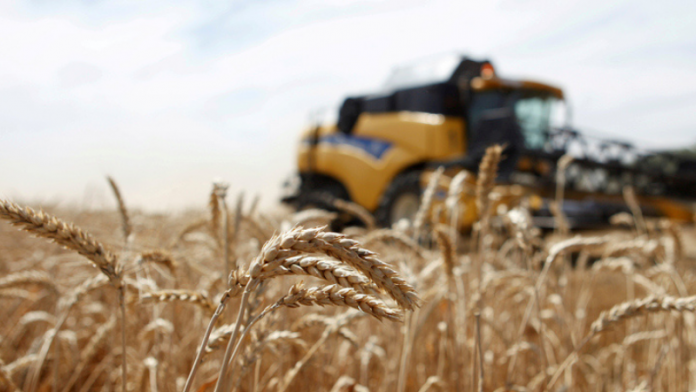Rising food prices as a result of the Russian invasion of Ukraine are increasing the risk of malnutrition in millions of children in the Middle East and North Africa, UNICEF warned in a statement released this month.
The UN governance body for children added that families are struggling to put food on the table during the Holy Month of Ramadan.
The statement recounted that several countries in the Middle East and North Africa had already been hard hit by wars and poverty, and its impact has only grown following the onset of the COVID-19 pandemic.
This, coupled with the Russia-Ukraine conflict that began on February 24, 2022, has led to disrupted food exports. Since the beginning of the invasion, Western countries have also imposed crippling economic sanctions on Russian institutions leading to a further break in the supply chain.
Ukraine and Russia account for a third of global wheat and barley exports, which countries in the Middle East rely on to feed millions of people who subsist on subsidised bread. They are also top exporters of other grains and the sunflower seed oil that is used for cooking.
UNICEF warned that if the situation persists, it will severely impact children in the Middle East region.






